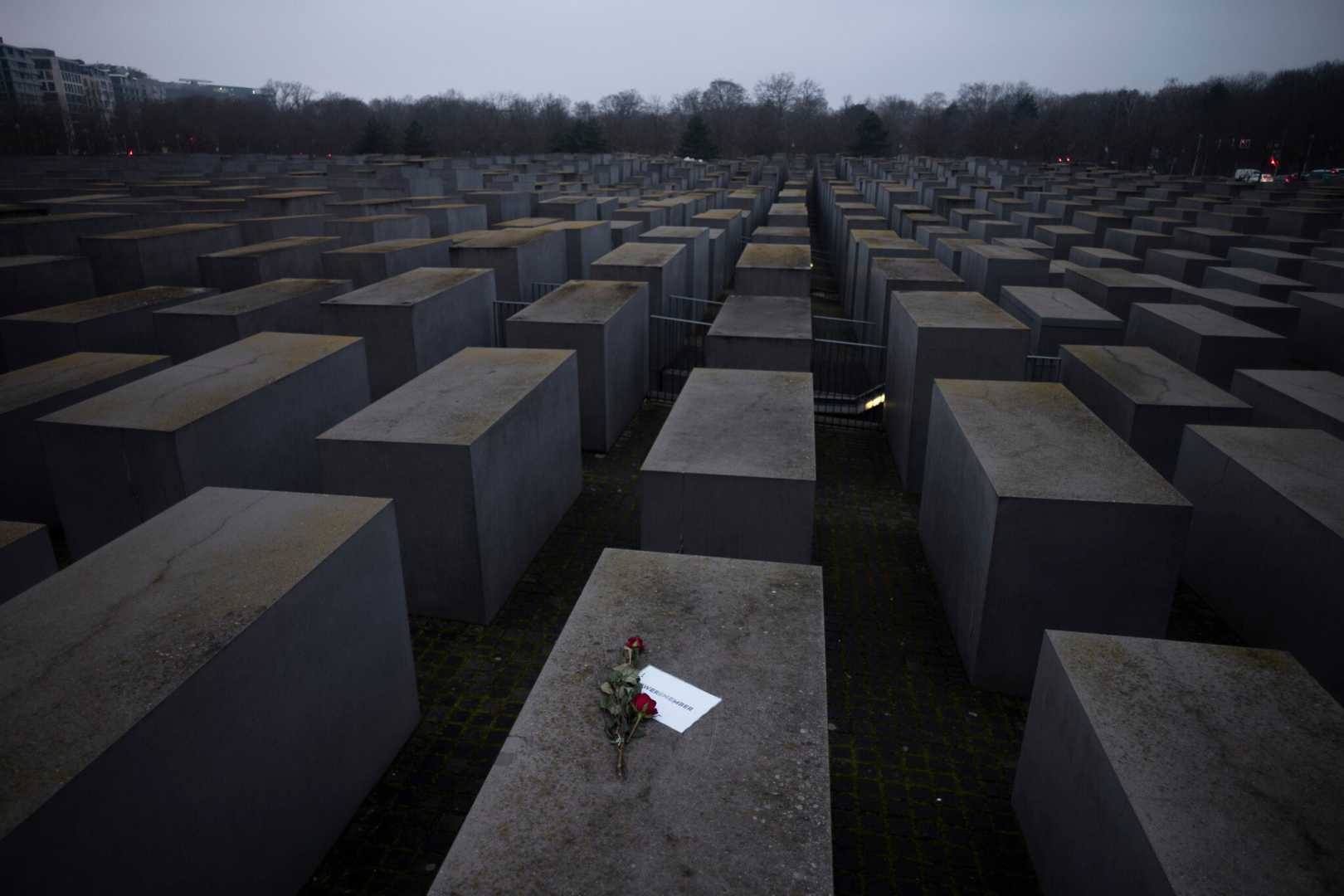News
Germany Honors Polish WWII Victims and Sentences Doctor for Crimes Against Humanity

Berlin, Germany — On June 16, 2025, Germany inaugurated a temporary memorial in Berlin to honor Polish victims of World War II, nearly 86 years after the conflict began. Former Foreign Minister Heiko Maas, now head of the German Poland Institute, spoke at the ceremony, emphasizing the importance of acknowledging the past. He said, “This memorial is necessary because we Germans are far too little aware of the disaster, pain, and destruction that Germany brought upon Poland during World War II.” The commemorative stone is located near the Chancellery in central Berlin.
According to the German government, more than 5 million Polish citizens lost their lives during the war, including about 3 million Jews. Maas stated that the memorial serves to signal that “Poland is important for us” and that Germany acknowledges its guilt and responsibility.
In another significant development, German authorities have dismantled Archetyp Market, a major darknet trading platform for drugs. Prosecutors in Wiesbaden and Frankfurt reported that the site had around 612,000 customer accounts and 3,200 sellers, generating a turnover of at least €250 million ($290 million). More than 300 law enforcement officials conducted raids in multiple countries, leading to the arrest of a site administrator in Barcelona and the seizure of mobile phones, computers, and cash valued at approximately €7.8 million ($9 million).
German investigators also raided the home of a suspected supporter of a far-right organization planning a violent coup, linked to the Kaiserreichsgruppe. The suspect is accused of terrorism and treason. Authorities reported the group aimed to overthrow the German government and set up an authoritarian regime akin to the defunct German Empire.
In a separate court ruling in Frankfurt, a Syrian doctor, Alaa Mousa, received a life sentence for his atrocities committed during the Syrian civil war under the Assad regime. Judge Christoph Koller described Mousa as having inflicted severe wounds on nine people and responsible for two murders. He stated that Mousa had shown a “sadistic” nature in his actions and attempted to influence the trial.
This marks a significant moment for accountability, as Germany utilizes the principle of universal jurisdiction to prosecute war crimes committed abroad. The ruling comes after a lengthy trial, underscoring the challenges faced by witnesses and the importance of their testimonies in seeking justice.












